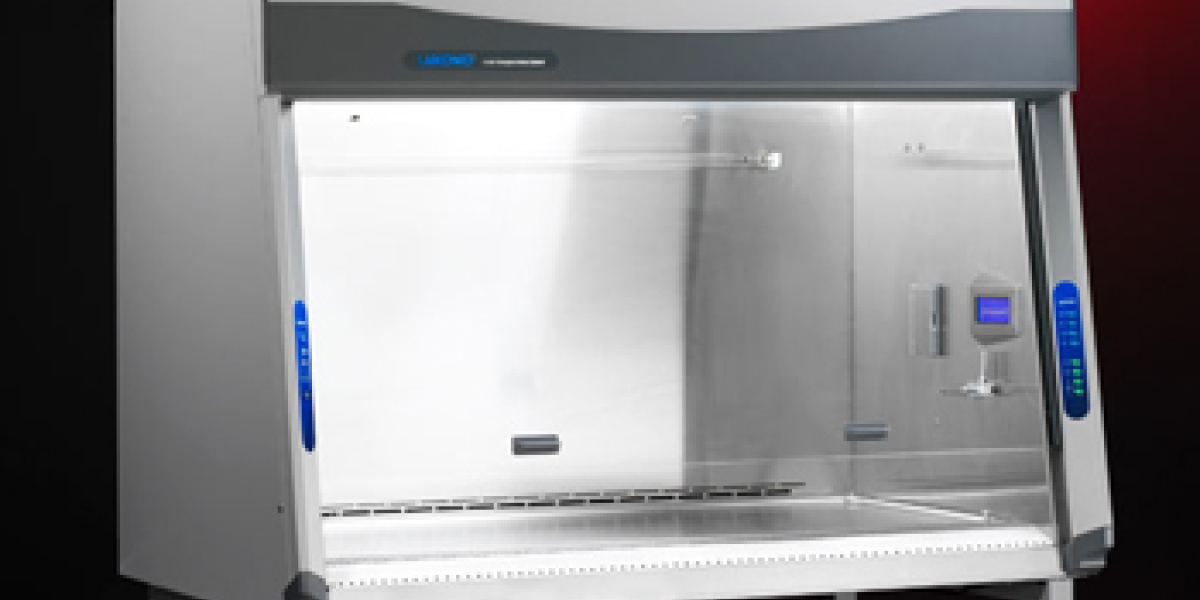CETA offers a new guide on Class II Type B2 biosafety cabinets

Class II biosafety cabinets such as Labconco's Purifier® Logic Class II Type B2 Biosafety Cabinets, utilize uniform (laminar) airflow and purifying HEPA filters to provide protection from particulates (biological) hazards for the user, the product and the environment. Chemical fume hoods use exhaust volume and face velocity to maximize containment and removal of hazardous chemical vapors.
What if you need both protection from particulates AND vaporous hazards? Total exhaust, Class II, Type B2 Biosafety Cabinets should have your attention. Ever progressive regulations in the pharmaceutical, healthcare and research industries have increased the interest and the use of "Class II, Type B2" in the vocabulary of the laboratory world.
The amplified focus on Type B biosafety cabinets has resulted in an ever- present need for a centralized resource to spell-out the requirements and guidelines by which B2 cabinets are to be installed to maintain maximum safety for the environment, the product and, most importantly, the users.
In March, the Controlled Environment Testing Association (CETA) published an Application Guide (CETA CAG-007-2010) that addresses this need. Meant to educate customers, support NSF field certifiers and 'unite' the BSC manufacturing industry, this document illustrates important and often missed information critical to the correct installation and operation of Type B cabinets. Among subjects visited are:
- How to choose the right biosafety cabinets (Type A vs. B)
- Theory of operation
- Characteristics of the four kinds of biosafety cabinets (A1, A2, B1 & B2)
- Site Requirements - including exhaust system parameters, cabinet location, exhaust system design & construction
- And finally, the question on everyone's mind-to gang or not to gang?
Read the CETA Application Guide Learn more about Purifier® Logic® Class II, Type B2 Biosafety Cabinets
| chevron_left | Paramount Ductless Enclosures offer modular lab convenience | Articles | How Labconco equipment suits modular lab design | chevron_right |






